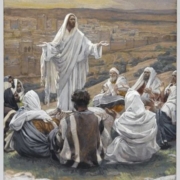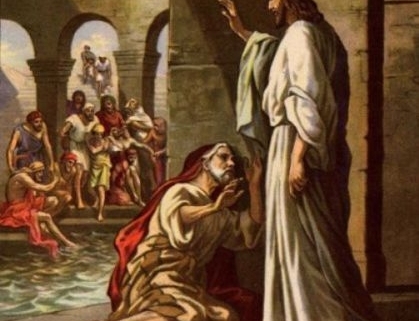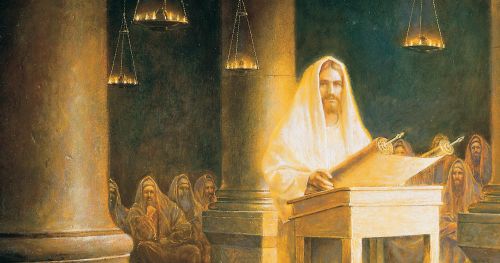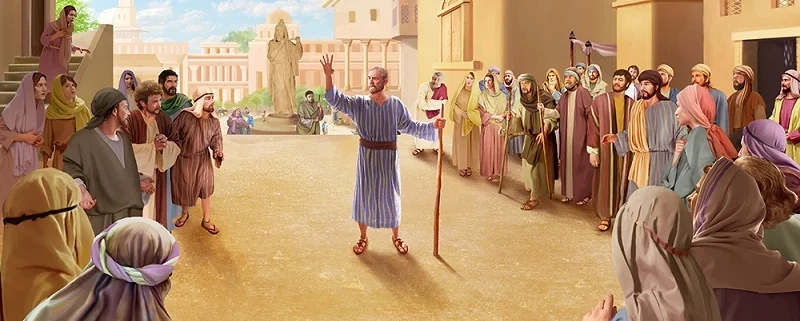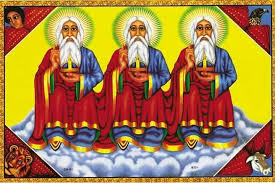There was once an impotent man during the apostasy age, embedded for 38 years at Bethsaida pool, in Jerusalem nearby the temple. His luck was so unfortunate that disabled him to enter the pool for cure whilst the Angel of God stirred it up once a while. (John 5:4)
Lord and Savior Jesus Christ saw the impotent lying there, and knew that he already had been in that condition a long time, He said to him, “Do you want to be made well?” The sick man answered Him, “Sir, I have no man to put me into the pool when the water is stirred up; but while I am coming, another steps down before me.” Lord Jesus said to him, “Rise, take up your bed and walk.” Immediately the man was made well, took up his bed and walked… (John 5:6-9)

